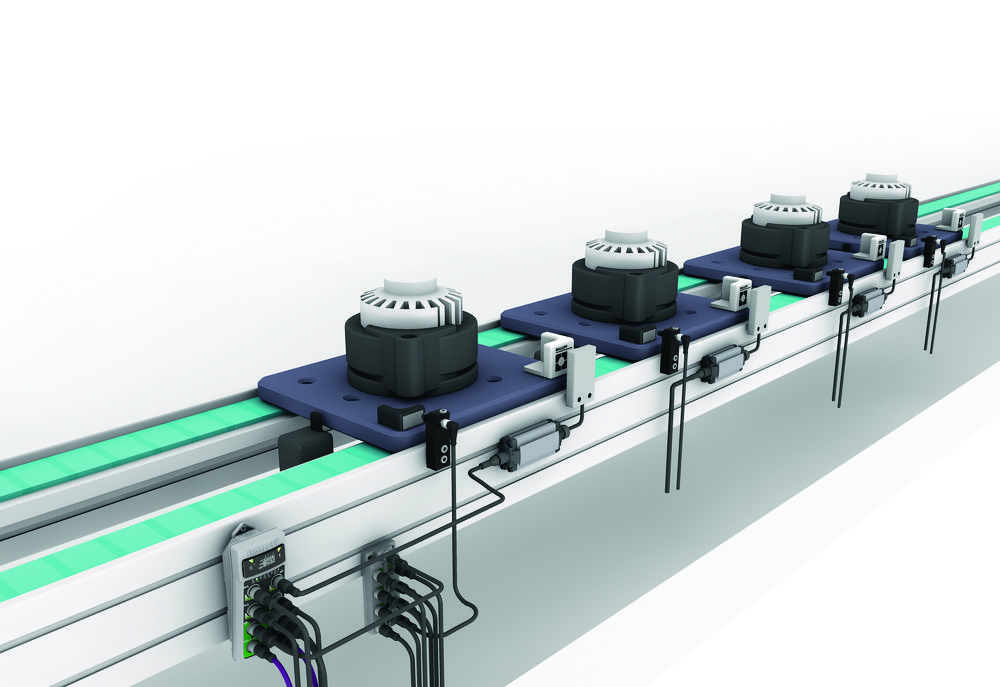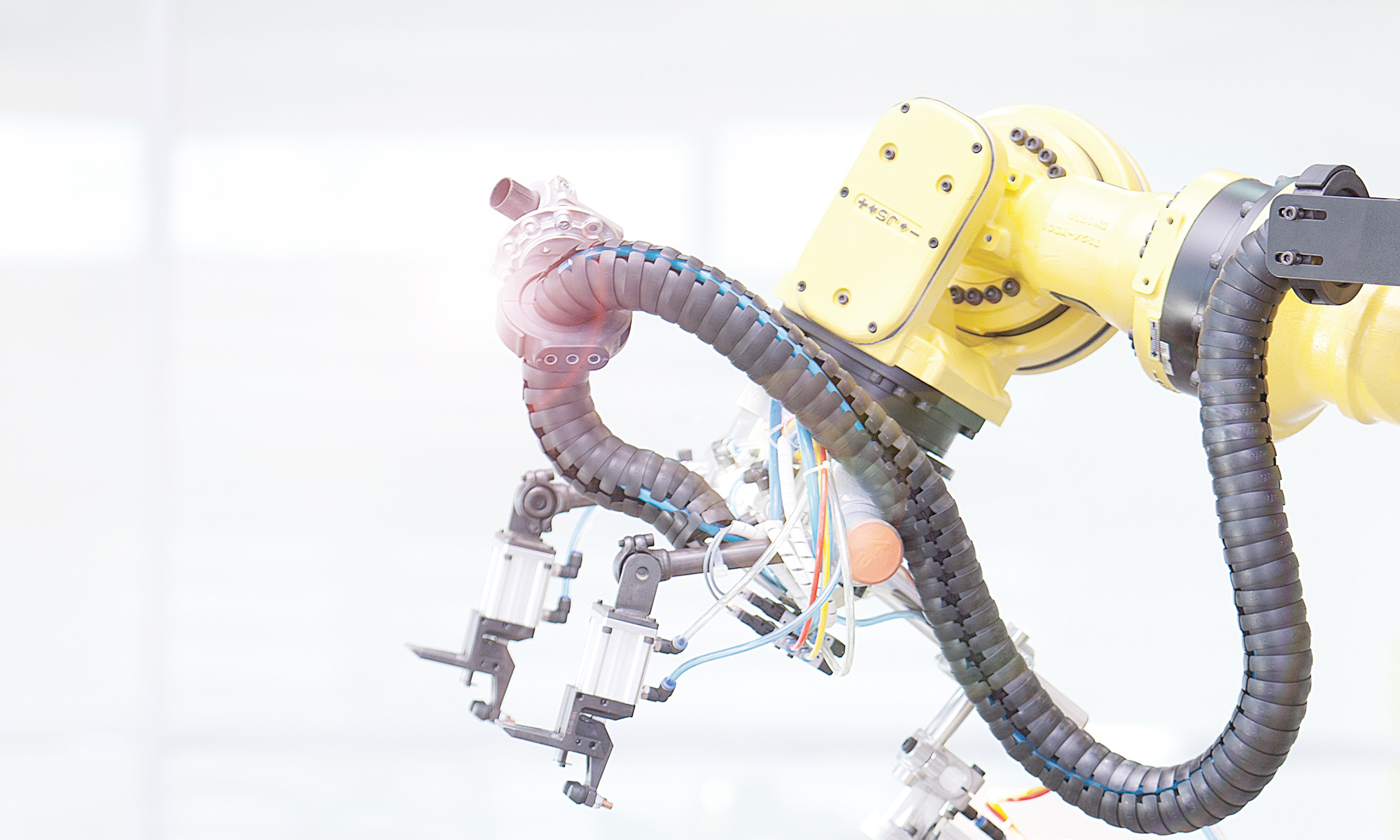The retail environments where products are sold look nothing like the industrial environments where they are produced (think of the difference between a new car dealership and an automotive manufacturing plant). Yet the same RFID products developed for retail stores and their supply chain operations are still marketed to manufacturers for production operations. These products may work fine in warehouses, but that does not necessarily qualify them as industrial grade.

So what are the differences between retail and industrial RFID?
Production environments often require a level of ruggedness, performance, and connectivity that only purpose-built industrial equipment can reliably satisfy. For example, general-purpose RFID equipment may have the physical Ethernet port needed to connect to a PC or server, but will not support EtherNet/IP, Profinet or other industrial protocols that run on PLCs and other industrial automation control equipment. Many retail grade readers need to be supported with an additional protocol conversion, which can require external hardware and slow system performance, and adds to implementation time, difficulty, and expense.
When evaluating RFID equipment, it is essential to make the distinction between what is possible for use in the environment and what is optimal and, therefore, more reliable. There are three fundamental qualities to consider that can determine if RFID systems will perform reliably in demanding production environments:
- Will the RFID system integrate seamlessly with industrial control systems?
- Will it provide the reliability and speed that production and their information systems tied in require?
- Can it maintain uptime and performance long term – will it last on the production line?
RFID is often marketed as a “solution,” however in manufacturing operations, it is almost always used as a supporting technology to provide data and visibility to the MES, ERP, e-Kanban, robotics, asset tracking, material handling, quality control and other systems that run in production facilities. Failure to accurately provide data to these systems at the reliability and speed levels they require eliminates the value of using RFID.
The physical environments in industrial and supply chain settings cause RFID technology to perform differently. Tag density can be a consideration for industrial RFID users like retail, but an industrial environment has much more challenging and powerful potential interference sources, for example, the presence of metal found in most industrial products and environments.
When determining whether RFID products are suitable for a specific environment, it is important to look beyond published marketing hype and misleading specifications. Consider the design and construction of the product and how it could be affected by various work processes. Whenever possible, you should test the products where they will be used rather than in a lab or demonstration area, because the actual work location has interference and environmental conditions that may be overlooked and impossible to duplicate elsewhere.
The key attributes that differentiate industrial RFID equipment from supply chain-oriented alternatives include:
- Native support for industrial protocols;
- High tag read reliability and the ability to continuously operate at speeds that won’t slow production systems;
- Durable housing with secure connectors with IP65 or better rating and relevant certifications for shock, vibration and temperature resistance;
- The ability to support multiple RFID technologies and supporting devices as needed, including sensors, PLCs, IO-Link, and other industrial automation equipment.
Compromising on any of these criteria will likely result in unnecessary implementation time, support, and replacement costs and increase the risk for system failure.

